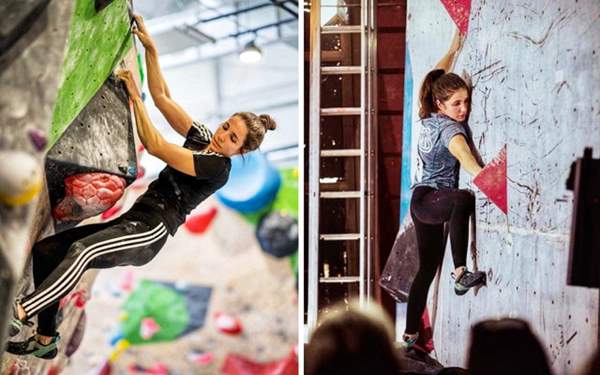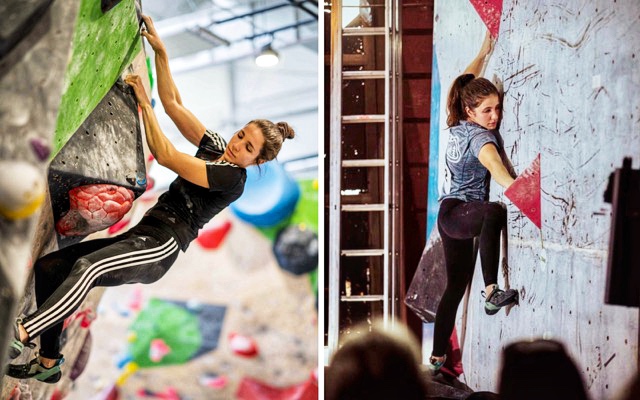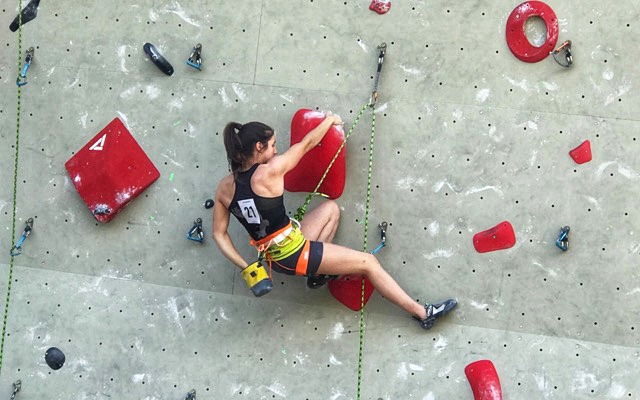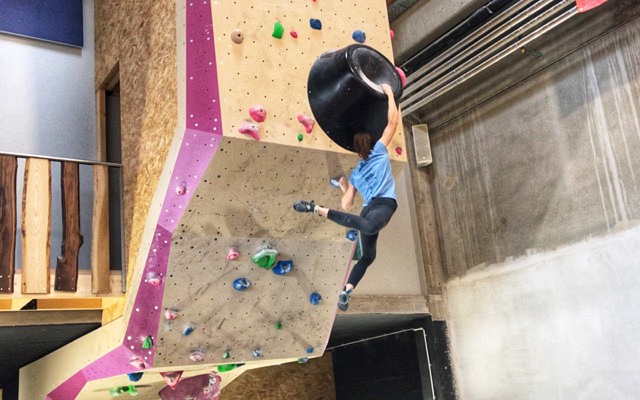
Sport climbing and studying physiotherapy as shortcuts to health

Alma Mater Europaea physiotherapy student Maja Kramberger devotes her free time to sports climbing. The Mayans discovered scoliosis ten years ago—lateral curvature of the spine with rotation of the vertebrae. Sport climbing, which positively affects muscle strengthening, was why she started practicing this sport.
"Together with the family, we researched how she could at least partially alleviate the problems caused by the lateral curvature of her spine. My father suggested sport climbing at the time because he had read several stories about the positive impact of muscle strengthening on this health phenomenon. But it is an exciting sport, which is something special because it has so many different parts. Only when you understand every part do you know what's going on on the climbing wall," Maja describes, adding that climbing gave her back her self-confidence and a feeling of unlimited support from those close to her.
Since the diagnosis of scoliosis, Maja has been forced to attend physiotherapy and wear a brace. "Climbing helped me strengthen my back muscles, which improved the situation noticeably. I usually train five times a week, for three hours each, and I also do strength training," says Maja. She has also completed a trainer, referee, and setter course.

The decision to study physiotherapy at Alma Mater is also connected with her illness. "The scoliosis problems are alleviated with a conservative approach of outpatient physiotherapy and therapeutic exercises. So studying physiotherapy was perfect for me. At the same time, studying at Alma Mater allows me to attend training and competitions normally and thus achieve the desired personal goals."
Maja is the national champion among young women in difficulty climbing and runner-up in bouldering. Last year, she was third in difficulty climbing among female members. "I scored 8a, 8a+, and 7c+, which are my highest scores to date."

